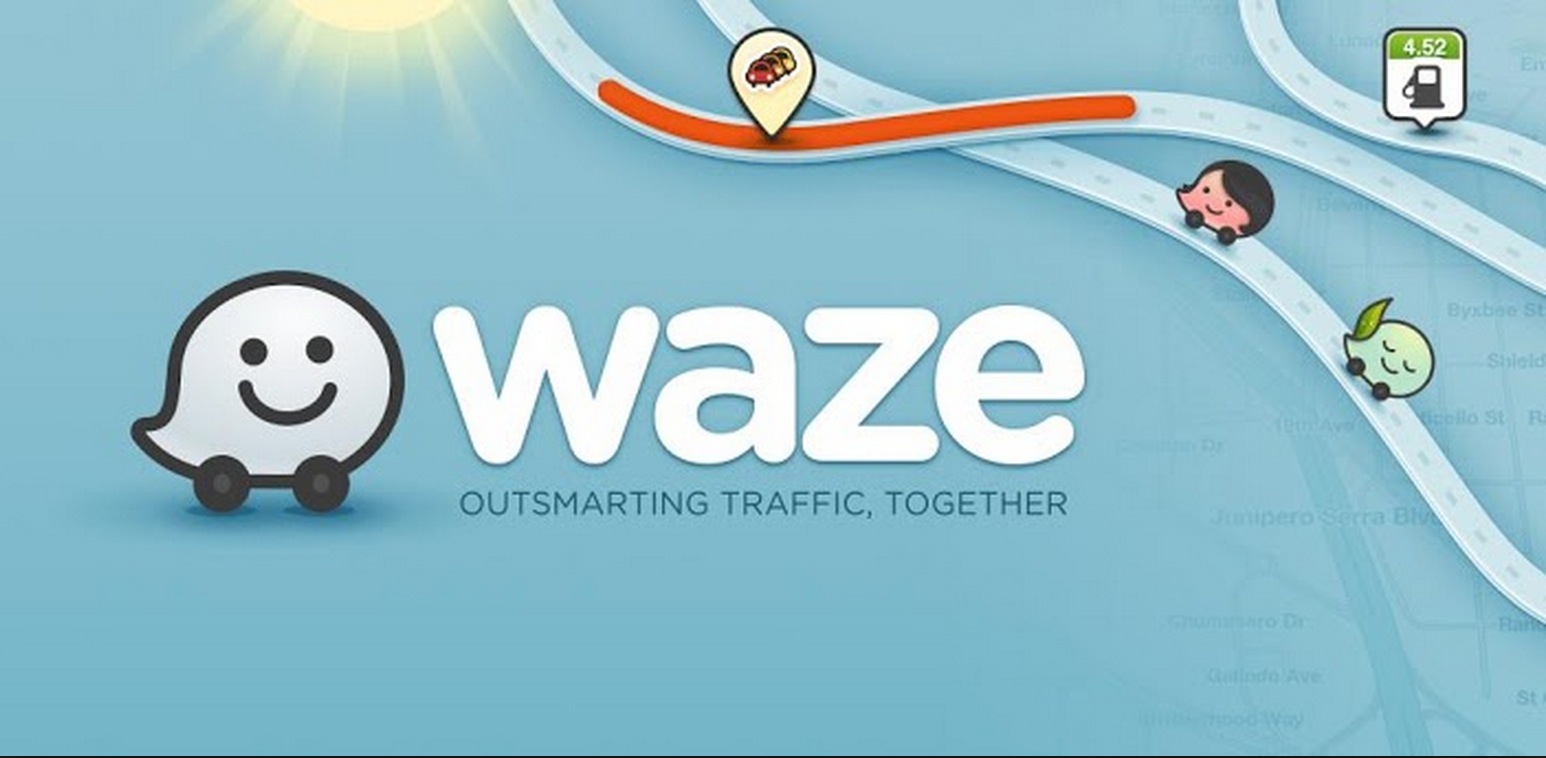Sheriffs want Google to turn off Waze’s popular feature which alerts drivers to the presence of police officers.
Virginia Sheriff Mike Brown, the chairman of the National Police Association’s technology committee, told ABC News that the police community must coordinate to pressure Google to “act like a responsible corporate citizen” and disable the feature to protect police. They’ve threatened legal action should Google not comply.
The executive director of the Fraternal Order of Police, Jim Pasco, said his organization has concerns, too. “I can think of 100 ways that it could present an officer-safety issue,” Pasco said. “There’s no control over who uses it. So, if you’re a criminal and you want to rob a bank, hypothetically, you use your Waze.”
Google purchased the popular crowd-sourced tracking and navigation app in June 2013 for a cool $966 million. Currently, 55 million users in over 200 countries use Waze to flag everything from road hazards to congestion to traffic accidents and construction areas all in realtime. Drivers can also instantly document any police presence, including speed traps. Within the app, there is no way to document the nature of the police presence.
Police warn this “stalking app” puts lives in dangers from would-be killers that may stalk their targets more easily. Though there is no known connection between violence against police and Waze, Sergio Kopelev, a reserve deputy sheriff in Southern California, vows to wage a “personal jihad” for an emergency policy debate.
He cites the unfortunate murder of two New York City police officers in December. Both men were shot by Ismaaiyl Brinsley, a Waze user that posted screenshots of officer locations on Instagram with alarming threats. However, in the case of the December shooting, Brinsley disposed of his phone two miles away from the scene of the crime. It is unknown if the shooting was related to the app, or whether he simply acted against the first officers in his path.
This is not the first time police work and technology tracking officer activity has caused controversy. In 2011, Apple, Inc. bent to police pressure by suspending their DUI checkpoint notification app.
Do these law enforcement safety advocates have a just fear, or do calls for disabling the officer-tracker have more to do with revenue?
Speeding tickets are such crucial money generators that many departments’ unofficial “ticket quotas” are the unspoken status quo. These quotas are the minimal number of tickets issued by officers for parking and moving violations. Some departments set “productivity goals”, but deny the existence of quotas which require officers to aggressively ticket even minor infractions instead of giving warnings.
Al O’Leary, a spokesman for the Patrolmen’s Benevolent Association in Brooklyn, New York admitted to the use of quotas, citing they “Put the cops under pressure to write summonses when the violations don’t exist … It takes discretion away from the police officer.” As Roger Curtiss, a retired detective, explained within most departments, “quota” is a dirty word. Departments refer to these standards as “minimum performance standards” instead which can encourage officers to cite ten drivers and ten parkers per month.
“I also worked briefly in a very small department which had no business tax base but did have a small section of a freeway running through it. So the police department was basically funded from traffic citation revenue. You weren’t paid directly by the number of tickets you wrote, but it was tacitly understood that if that revenue stream was to dry up the department would face personnel cutbacks,” Curtiss said.
As these unspoken rules are increasingly implemented, many officers unable to fulfill their quotas faced professional consequences. Whistleblowers have been harassed, and faced litigation for exposing the unethical practice.
In 2013, the Los Angeles City Council paid $6 million in damages to 11 police officers who accused their superiors of imposing secret traffic ticket quotas even though they were against state law. The lawsuits alleged that starting in 2006, superiors required officers to, “Write at least 18 traffic tickets each shift and demanded that 80% of the citations be for major violations.” In Atlanta, a local media outlet discovered that police raises were tied to ticket revenue, thus incentivizing them to write more tickets.
Alerting citizens of an officer’s presence complicates this revenue stream strategy.
Civil liberties group and Waze app users took their criticisms online, countering that the feature simply reports public data for public servants, something the citizen has a right to know. Many are concerned with the question of whether officers paid by public funds should expect more privacy than the average citizen. In an age where too many police departments frequently access extremely sensitive cellphone data via cell tower dumps and secret mobile devices known as Stingrays, the question is valid. These technologies require no warrant, and how many use the information is unclear.
Nuala O’Connor, head of the Center for Democracy and Technology, a Washington civil liberties group, said it would not be appropriate for Google to disable the police-reporting feature.
“I do not think it is legitimate to ask a person-to-person communication to cease simply because it reports on publicly visible law enforcement,” she said. She said a bigger concern among privacy advocates is how much information about customers Waze shares with law enforcement, since the service necessarily monitors their location continually as long as it’s turned on, CBS reported.
O’Connor has a point. Law Enforcement supporters on the Police One admitted to deleting officer locations and tracking citizen users of the app in return. “I signed up for this and delete all the cop icons I see while on road trips. You can also keep tabs on those online using the app cause their icons are moving around,” one user wrote.
Though courts have already ruled that flashing lights warning fellow travelers of officer location is protected speech, and Waze functions similarly, should Google not comply with police pressure, advocates may pursue legal action.





4 comments